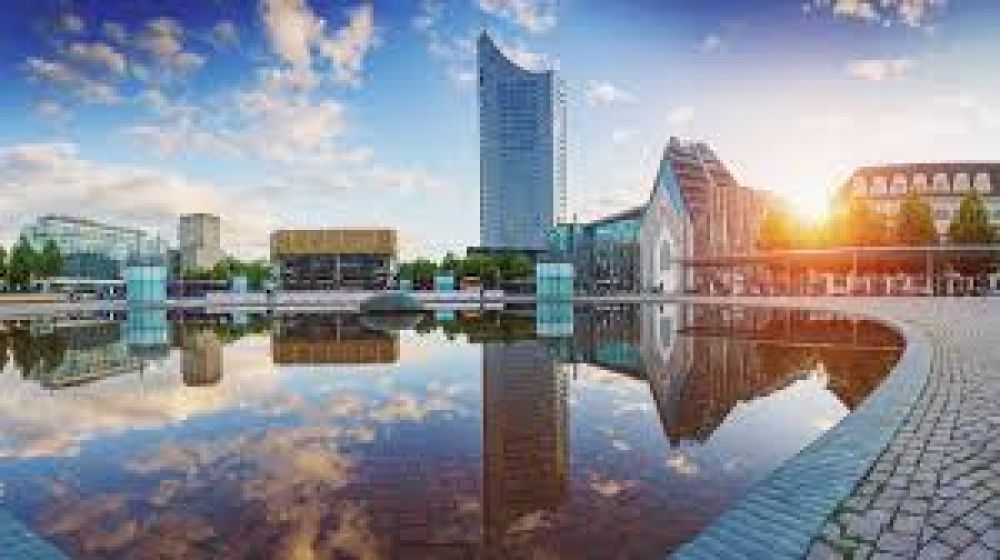

Leipzig has long been a city of significant historical and cultural importance, attracting visitors from around the globe. Its roots as a destination date back to the times when it was a major center for trade in the Holy Roman Empire. The city's reputation was further bolstered by its annual trade fairs, the Leipzig Messen, which began in the Middle Ages and continue to this day.
The 18th and 19th centuries saw an increase in cultural tourism in Leipzig, as it became known for its music scene. The city had a profound impact on the world of classical music, being home to famous composers such as Johann Sebastian Bach, Richard Wagner, and later, Felix Mendelssohn. Bach's legacy, in particular, has drawn countless visitors to the city, eager to explore St. Thomas Church where he worked as a cantor.
Leipzig's cultural landscape further expanded with the establishment of various educational institutions and a thriving publishing industry, making it a hotspot for intellectual tourism. During the 20th century, Leipzig's role in historical events, such as the Monday Demonstrations which were pivotal in the fall of the Iron Curtain, added a new layer to its tourism appeal.
In the 21st century, Leipzig has continued to evolve as a dynamic tourism destination. The city has worked diligently to refurbish its historical sites and rejuvenate its urban areas. The Lake District, with its recreational activities, has become a major draw for visitors, exemplifying the shift towards eco-friendly and relaxing getaways in urban settings.
The trend of urban exploration is particularly relevant to Leipzig, with areas like the Baumwollspinnerei, a former cotton mill turned cultural complex, showcasing the city's ability to reinvent itself. The district now boasts galleries, studios, and performance spaces, attracting a new generation of culturally savvy tourists.
Another emerging trend is Leipzig's food scene, which reflects a growing appreciation for regional and sustainable gastronomy. The city's culinary tours offer insights into both traditional Saxon fare and innovative, contemporary cuisine.
Leipzig has also become a hub for festival tourism. Events such as the Leipzig Book Fair and the Wave-Gotik-Treffen, the world's largest gothic festival, bring in thousands of visitors annually. These events, along with specialized trade fairs, ensure a diverse influx of tourists with varied interests throughout the year.
Furthermore, with the rise of digital nomadism, Leipzig has seen an increase in visitors looking for co-working spaces and a creative atmosphere, tapping into the city's strong start-up culture and fostering a new form of business tourism.
Leipzig's tourism continues to flourish due to a blend of its rich historical legacy and its innovative approaches to meeting modern tourist trends. The city remains committed to sustainable tourism growth, balancing the need to preserve its past while continually offering fresh and exciting experiences for future visitors.